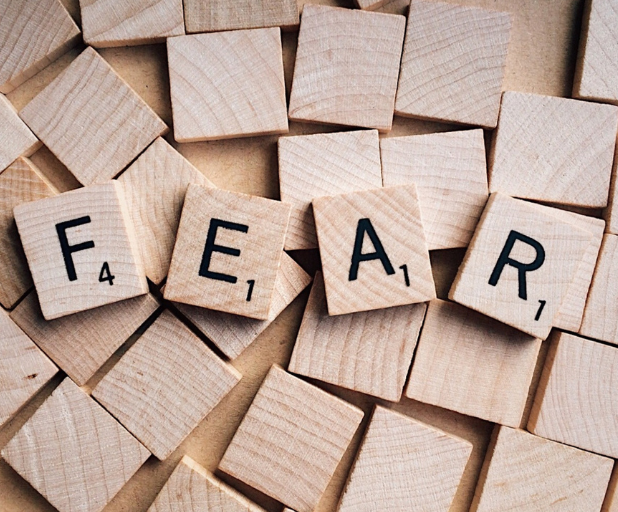
Since it’s still October, I’m going to stick with the “Scary” theme.
What if I told you that you could be a writer?
If that bores you, then you’re in the wrong room.
But if that scares you or intrigues you, you’re in the right place.
Follow along, too, if you just have fears on occasion.
Maybe you’ll read something here that will help you dispel them.
Fear is: a new situation, creepy crawly things, public speaking, death, sickness, moving to a new town, going to a new school, a blank page.
Fear is anything unknown.
That is universal.
How we deal with fear is subjective.
Use your fear to write a story.
Before I get into the how-to-write part, I want to show you how middle grade heroes deal with their fears.
At the beginning of the story, they may deny it, stick their head in the sand, pretend the problem’s not there.
But at some point, they have to face whatever is frightening them.

That’s what makes the story.
Readers will keep turning pages because they want to know how the main character will face their fear and what they will learn from the effort.
Wouldn’t it be great if we all could just stop denying what’s scaring us and move directly into hero mode?
How would our lives be different if we acted like middle-grade heroes in our own stories?
Here are some examples:
Someone does something to you that you don’t like?
Don’t seethe and let it fester.
Tell them!
You want to buy something, but don’t have the cash right now?
Find a way!
Stop buying “x” so you can put that money toward “y.”
Get a second job or work extra hours.
Write a blog post for someone else’s blog.
Partner/Best friend not seeing things your way?
What are your choices?
You always have choices.
What are your options?
Once again, follow through.
Finally, what did you learn by working your plan to get what you wanted?
In its simplest form, this process is your story.
Here’s how to put it together:
First you have a problem or a fear.
Next you think of several ways (at least three ways) to solve your problem.
Then, you actually have to act and follow through doing those three things to try to solve your problem.
What happened after you tried your first solution?
Your second?
If the last solution works or doesn’t, what have you learned?
Instead of looking at fear, well, fearfully, look at it like the story it is.
Regardless of whether you want to write, doesn’t being the hero of your own story sound good?
Heroes act even when they’re afraid.
But if you do want to take it a step further, write down your story.
Now you can tinker and play with it (aka: edit and revise).
If you play with it enough, you can make it sound pretty good.
Then voila!
You’re a writer!
And a writer’s superpower?
You can usually make sense out of most any situation.
So what’s there to be afraid of?
P.S. If you’re interested in learning more about how to write, the best thing to do is read.
Read all the books you can in the genre you want to write.
Read fiction, nonfiction, romance, adventure, crime, mystery, cozy mystery, fantasy, magical realism, horror.
If you’re interested in writing for young adults or kids, read as many of those as you can.
Read the classics, the debut novels and the popular authors.
In addition, I can recommend Save the Cat! Writes a Novel by Jessica Brody.
If you want to write for kids, read Writing Irresistible Kidlit by Mary Kole.
Before you go, don’t forget to sign up for my mailing list, below:





